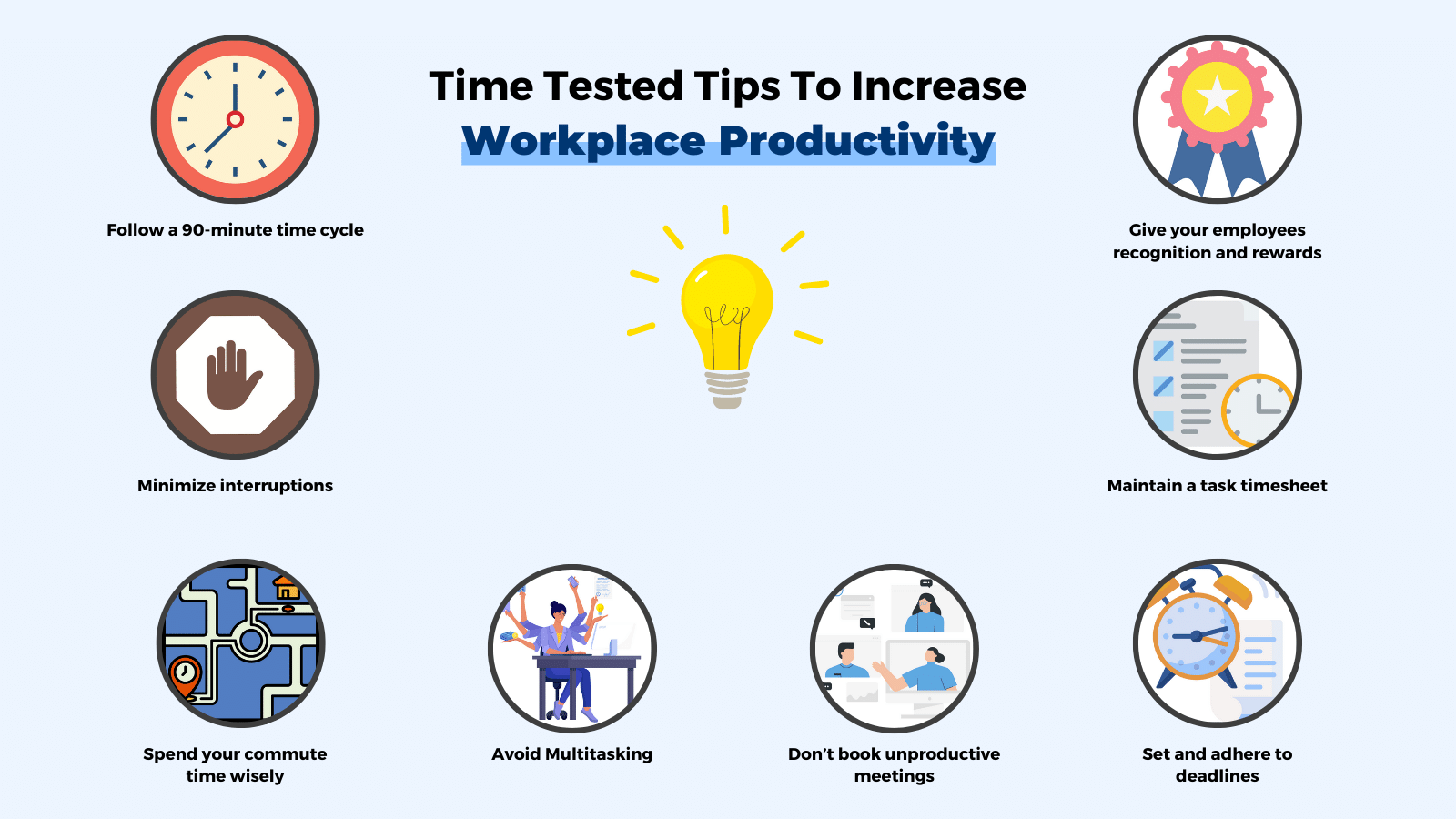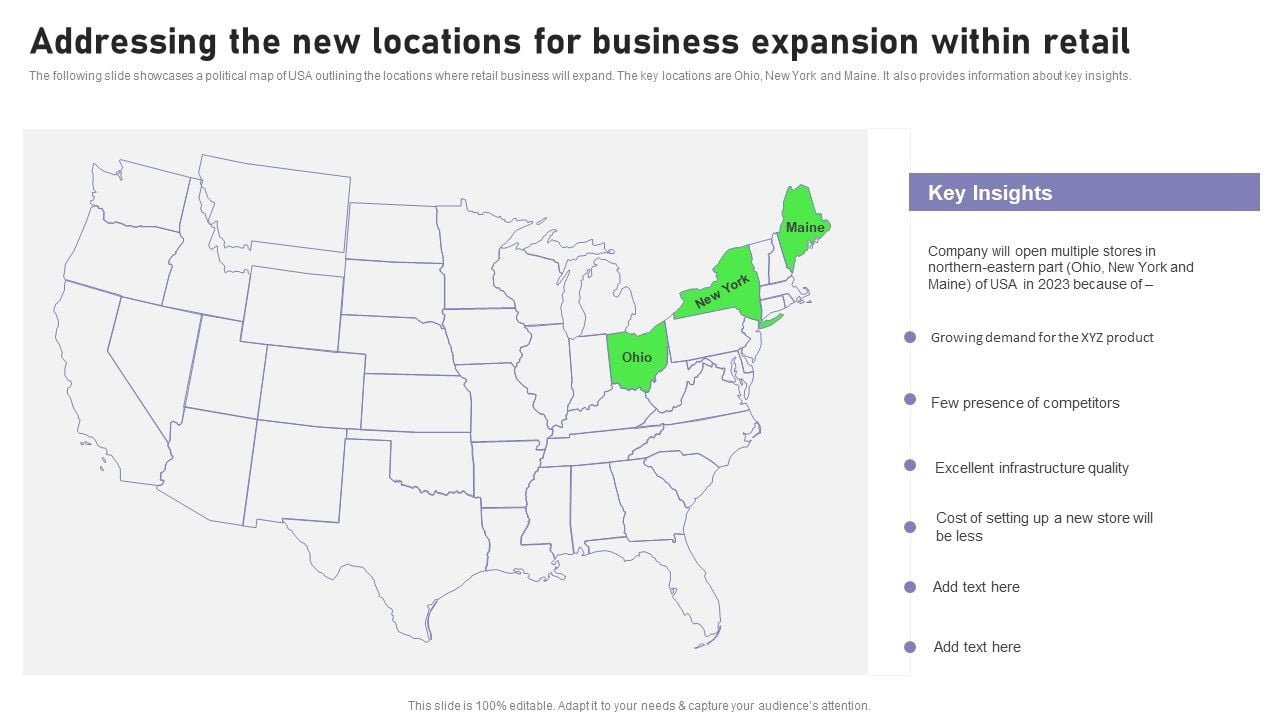Mental Health Policy: A Foundation For Workplace Productivity

Table of Contents
The Business Case for a Comprehensive Mental Health Policy
A strong mental health policy isn't just about ethical responsibility; it's a powerful investment in your company's bottom line. The benefits extend far beyond improved employee morale – they translate directly into increased profitability and a sustainable competitive advantage.
Reduced Absenteeism and Presenteeism
Mental health issues are major contributors to both absenteeism (being absent from work) and presenteeism (being present but significantly less productive). Anxiety, depression, and burnout can lead to decreased focus, reduced energy levels, and difficulty concentrating, resulting in lower output and increased errors. The financial impact is substantial: studies show that presenteeism costs businesses significantly more than absenteeism.
- Decreased sick days: A supportive mental health policy reduces the number of days employees take off due to mental health concerns.
- Improved employee engagement: Employees who feel supported and understood are more likely to be engaged and committed to their work.
- Increased output per employee: When employees feel better, they perform better, leading to a noticeable increase in overall productivity.
Enhanced Employee Engagement and Morale
A supportive mental health policy fosters a positive and inclusive work environment where employees feel valued, respected, and understood. This, in turn, leads to higher levels of employee engagement and morale.
- Improved employee retention: Employees are more likely to stay with a company that prioritizes their well-being. Reducing turnover saves on recruitment and training costs.
- Stronger team cohesion: A supportive environment encourages open communication and collaboration, strengthening team dynamics.
- Increased creativity and innovation: When employees feel safe and comfortable, they are more likely to share ideas and contribute to innovative solutions.
Improved Reputation and Employer Branding
In today's competitive job market, employer branding is crucial. Demonstrating a commitment to employee well-being through a robust mental health policy significantly enhances your company's reputation and attracts top talent.
- Enhanced company image: A strong mental health policy showcases your company's commitment to social responsibility and ethical practices.
- Increased applicant pool: Job seekers are increasingly seeking out employers who prioritize mental health and well-being.
- Competitive advantage in the job market: A strong mental health policy gives you an edge in attracting and retaining the best employees.
Key Components of an Effective Mental Health Policy
A truly effective mental health policy needs several key components to ensure it's more than just a document on a shelf.
Creating a Supportive and Inclusive Workplace Culture
The foundation of any successful mental health policy is a culture of open communication, empathy, and understanding. This requires actively working to destigmatize mental health issues and create a psychologically safe environment.
- Training for managers and employees on mental health awareness: Equip your workforce with the knowledge and skills to recognize, support, and address mental health concerns.
- Confidential support systems: Establish clear channels for employees to seek help without fear of judgment or repercussions.
- Flexible work arrangements: Offer flexible work options (remote work, flexible hours) to help employees manage stress and maintain a healthy work-life balance.
Access to Resources and Support
Providing access to resources is critical. This includes readily available and easily accessible support systems.
- EAP details and contact information: Clearly communicate the availability and details of your Employee Assistance Program (EAP).
- List of mental health professionals: Provide employees with a list of recommended mental health professionals or resources in their area.
- Information on stress management techniques and resources: Offer resources like mindfulness apps, workshops, or online courses to help employees manage stress effectively.
Promoting Work-Life Balance and Preventing Burnout
Preventing burnout is key to maintaining a productive and engaged workforce. This involves setting realistic expectations, encouraging breaks, and promoting a healthy work-life balance.
- Flexible work hours: Allow for flexibility in work schedules to accommodate personal commitments and reduce stress.
- Generous vacation time: Ensure employees have sufficient time off to rest and recharge.
- Opportunities for professional development: Investing in employee growth shows your commitment to their long-term well-being.
Implementing and Evaluating Your Mental Health Policy
Implementing and evaluating your mental health policy is an ongoing process that requires careful planning and consistent effort.
Policy Development and Communication
Creating a comprehensive policy involves consultation with employees, relevant stakeholders, and experts in workplace mental health.
- Regular review and updates of the policy: Ensure your policy stays current and relevant to the evolving needs of your employees.
- Employee feedback mechanisms: Establish clear channels for employees to provide feedback on the policy and its effectiveness.
- Transparent communication channels: Regularly communicate the policy and its benefits to all employees.
Measuring the Impact of Your Mental Health Policy
Regular evaluation is crucial to understand the policy's impact and identify areas for improvement.
- Employee satisfaction surveys: Regularly assess employee satisfaction levels related to mental health support and workplace well-being.
- Absenteeism and presenteeism tracking: Monitor absenteeism and presenteeism rates to measure the impact of the policy on productivity.
- EAP utilization data: Analyze EAP utilization data to understand the needs of your employees and identify trends.
Conclusion
Investing in a comprehensive mental health policy is not just an ethical obligation; it's a strategic business decision that directly impacts workplace productivity, employee well-being, and your company's bottom line. By creating a supportive workplace culture, providing access to resources, and promoting a healthy work-life balance, you can cultivate a thriving and productive workforce. Prioritize a robust mental health policy today – invest in your employees' mental health and boost workplace productivity. Learn more about creating a thriving workplace with a proactive mental health policy by contacting a workplace mental health consultancy.

Featured Posts
-
 Mapping The Rise Of New Business Hubs Across The Nation
May 03, 2025
Mapping The Rise Of New Business Hubs Across The Nation
May 03, 2025 -
 Analysis The Justice Departments Decision To End School Desegregation
May 03, 2025
Analysis The Justice Departments Decision To End School Desegregation
May 03, 2025 -
 Macron Defend Un Patriotisme Economique Europeen Face Au Defi De L Intelligence Artificielle
May 03, 2025
Macron Defend Un Patriotisme Economique Europeen Face Au Defi De L Intelligence Artificielle
May 03, 2025 -
 Time For A Change Rupert Lowes Leadership Bid For Reform
May 03, 2025
Time For A Change Rupert Lowes Leadership Bid For Reform
May 03, 2025 -
 La Creme De La Crim Sur Tf 1 L Impact De La Serie Joseph
May 03, 2025
La Creme De La Crim Sur Tf 1 L Impact De La Serie Joseph
May 03, 2025
